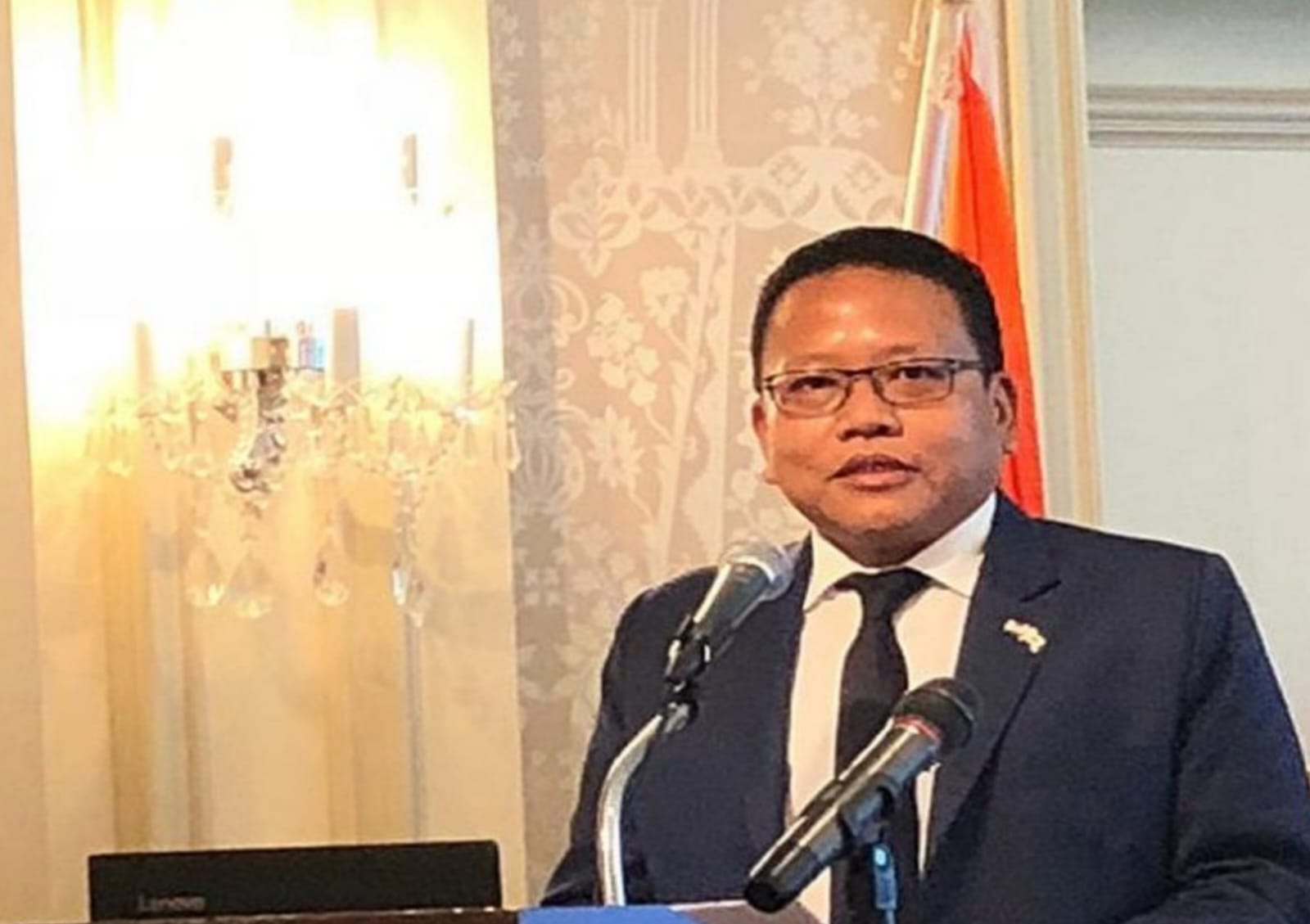
India's Ambassador to Cuba, Thongkomang Armstrong Changsan, finds himself at the center of a complex legal and matrimonial dispute that has reached the Supreme Court, highlighting the intricate interplay between customary law and formal marriage legislation in India.
The controversy stems from Changsan's 1994 marriage to Neikhol Changsan under the Christian Marriage Act, 1872, in a church ceremony. Both belonging to the Kuki tribe in Assam's Dima Hasao district, the couple had a daughter together. However, their relationship deteriorated, leading Changsan to seek dissolution through traditional tribal customs rather than formal legal channels.
Following customary practices, village elders dissolved the marriage, after which Changsan remarried and had another daughter. This seemingly straightforward tribal resolution became legally problematic when the Gauhati High Court intervened in 2022.
The High Court delivered a landmark ruling that fundamentally challenged the validity of customary divorce for church marriages. The court declared that once a marriage is solemnized in a church under the Christian Marriage Act, 1872, it cannot be annulled through customary law practices involving village elders. Such marriages, the court emphasized, can only be dissolved through proper legal proceedings under the Divorce Act, 1869, before a high court or district judge.
This ruling effectively left Changsan in a precarious position, legally married to two women simultaneously, creating a situation of technical bigamy despite his belief that the first marriage had been properly dissolved according to tribal customs.
When the case reached the Supreme Court, a bench led by Justices Surya Kant and Joymalya Bagchi expressed little sympathy for the ambassador's predicament. "We have absolutely no sympathy for the man," Justice Kant observed, while acknowledging the emotional and social suffering endured by the first wife.
The court found the High Court's judgment legally sound but recognized the need for a practical solution given that Changsan has been married to his second wife for nearly fifteen years.
Neikhol Changsan, representing herself in court, painted a picture of abandonment and manipulation. She alleged that she single-handedly raised their 29-year-old daughter and accused her estranged husband of deliberately alienating the child from her. Her emotional plea to the court was to "protect her honour and dignity" in this deeply personal matter.
The Supreme Court has taken a pragmatic approach to resolving this complex situation. While upholding the legal principle that church marriages cannot be dissolved through customary practices, the court is actively seeking ways to help Neikhol start afresh.
The court directed Changsan to facilitate a meeting between Neikhol and their daughter in Bengaluru, arranging flight tickets, accommodation, and providing ₹3 lakh for the visit. This initiative recognizes that their daughter could play a crucial role in any potential settlement.
Senior advocate Menaka Guruswamy, representing Changsan, highlighted that he has been providing ₹20,000 monthly maintenance to Neikhol and has given her a house in Delhi, while also supporting their daughter's career in Bengaluru.
This case underscores the ongoing tension between traditional customs and modern legal frameworks in India's diverse cultural landscape. The Kuki Inpi of Assam, the tribe's highest governing body, has clarified that customary law cannot dissolve Christian marriages performed in churches, aligning with the court's position.
The resolution of this case will likely establish important precedents for similar situations where customary practices conflict with formal legal requirements, particularly in India's northeastern states where tribal customs remain deeply influential in personal matters.